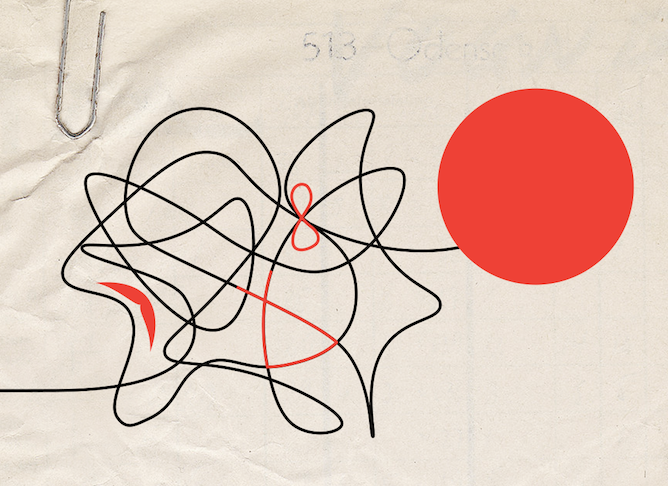3. TPatT - Indigenous Texts in French
All Indigenous works that were first published in French before 2000 are included in this database.
Pages
-

- akapesh affronte Maître Oui et Maître Non
- Tshakapesh is visiting Quebec City with his sister. There is a music competition on and both are eager to see what new young prodigees have emerged from Quebec’s Indigenous communities. On Abraham’s Plains, they are accosted by a man (Master Yes) wearing a big pin with the word “Yes” on it. He tells Tshakapesh that he must be happy since the clan of Master No “has recognized the sovereignty of Indigenous people” and that “all Québécois are immigrants.” Master No appears and the two men start accusing each other of uttering the very same discourse. Tshakapesh leaves them to their fighting and catches up with his sister., While we have indicated a primary genre, there is a need to better represent Indigenous writings and contemplate how some fall outside the traditional fiction/non-fiction binary.
-

- À la manière de… Henry Lorne Masta
- This piece features a dialogue between Weswakwigont and Almonska, two protagonists created by Henry Lorne Masta, born in 1893 in Odanak. His father had been the first to attempt to convert the Abenaki from Odanak to protestantism. Henry Lorne Masta opened the first protestant school in Odanak which causing havock amongst the catholic priests. The use of his protagonists here is as a homage to a man who promoted and defended Abenaki culture. In the dialogue, Almonska asks his uncle Weswakwigont whether filmmakers who misrepresent Indigenous people should not be denounced. They discuss several examples of films and narratives, good and bad, as well as the rise of Indigenous actors and filmmakers., While Non-Fiction has been used for the primary genre has been indicated purposefully, there is a need to better represent Indigenous writings and contemplate how some fall outside the traditional fiction/non-fiction binary.
-

- À l’indienne
- Compenduim of talks and interviews by Gerard Binat transmitted by Radio Canada in June-August 1971 describing Indigenous Peoples of Canada, their beliefs, etc.
-

- “La flamme de vie du Canada.” Tawow, vol. 6, n. 2
- [Reprinted in Histoires de Kanatha: vues et contées / Histories of Kanatha: Seen and Told. Presses de l’Université d’Ottawa, 2008] In this short piece, the author explains his motivations, in 1978, for becoming a historian. By making use of modern education, i.e. reading and writing, Indigenous peoples can transfer their knowledge and teachings to the younger generation, to those who are interested, and to those who recognize them and accept them as valuable sources of knowledge. These teachings, the author emphasizes, are at the heart of what makes Canada “distinguished from the rest of the world” and will provide youth with guidance and strength.

